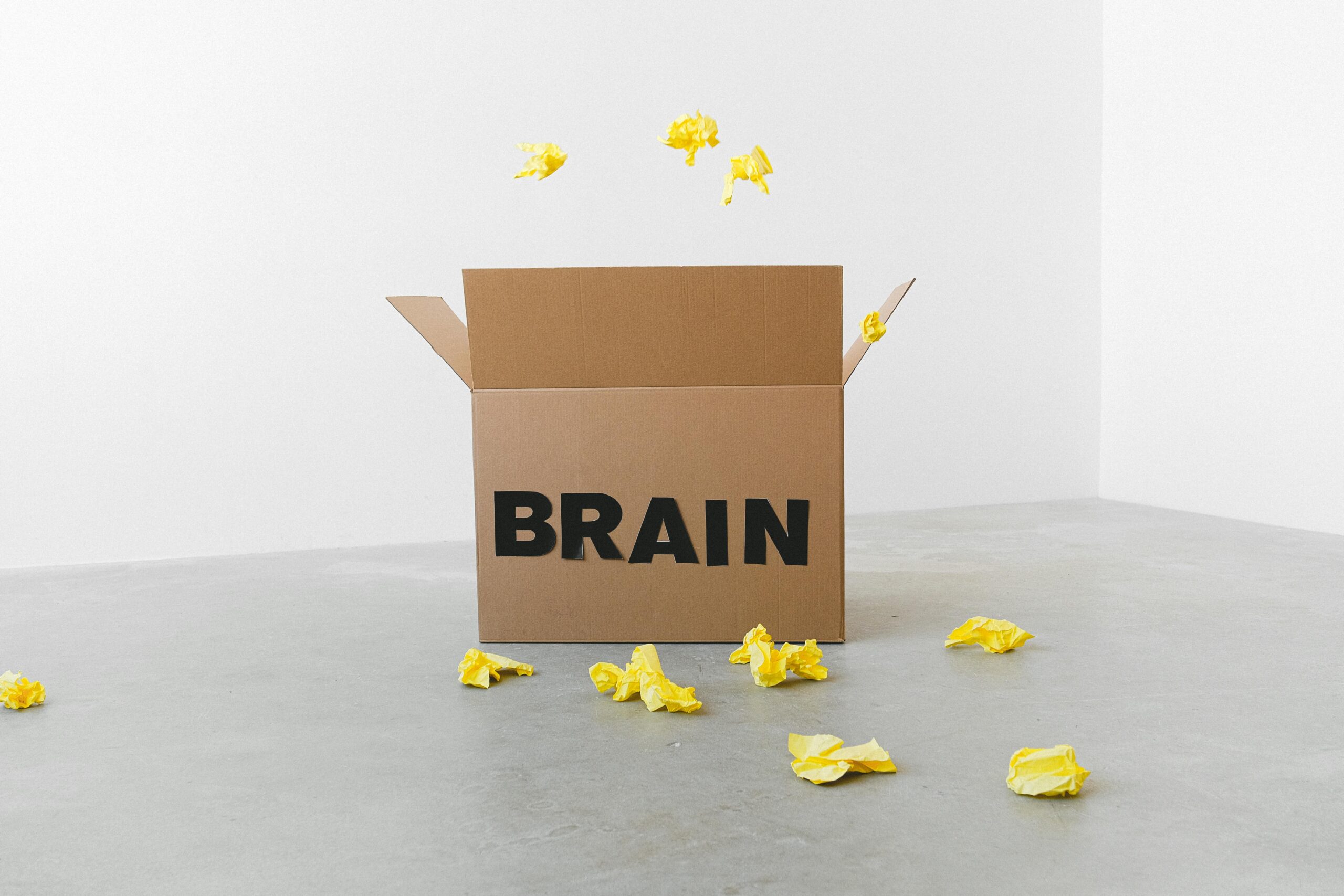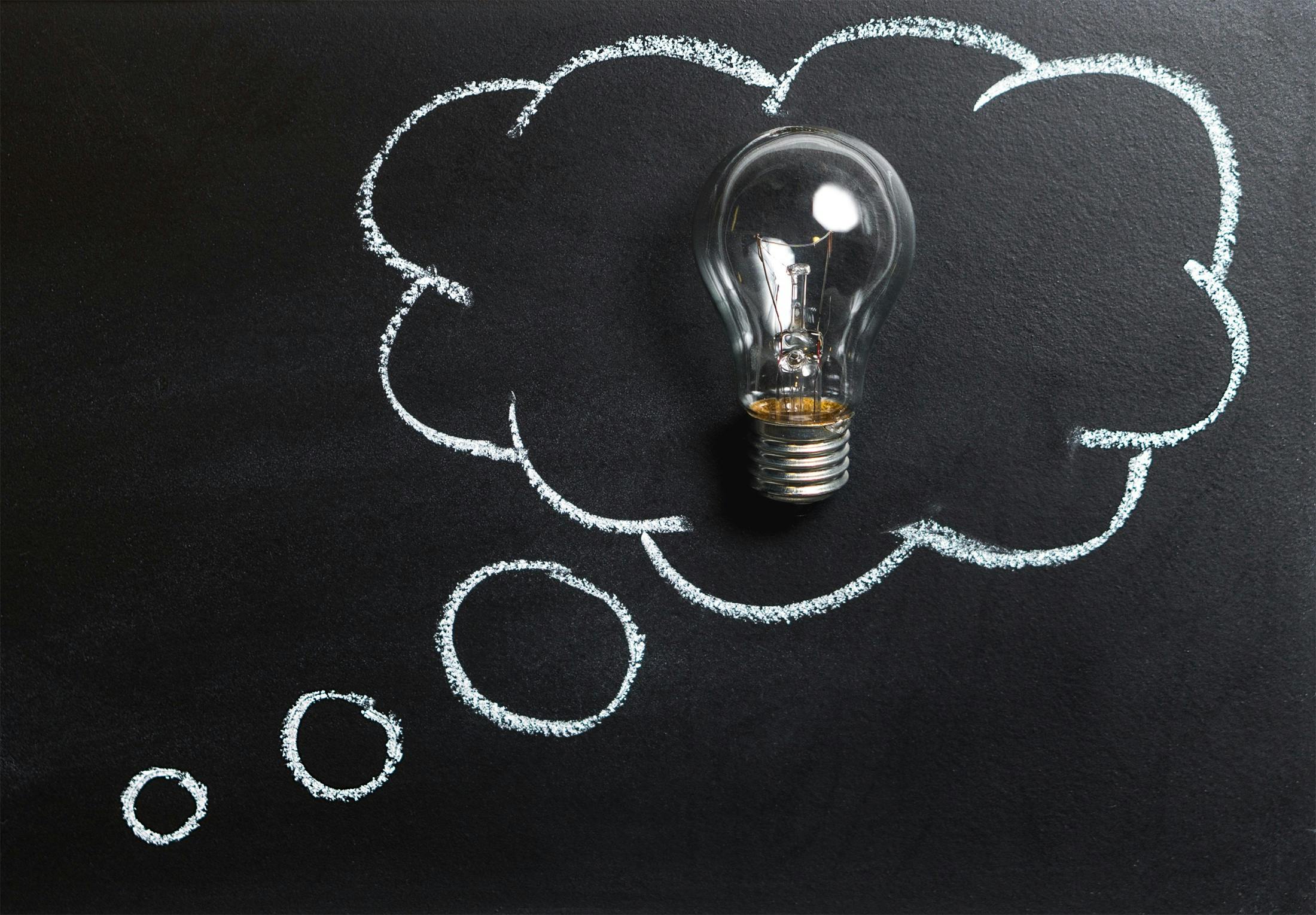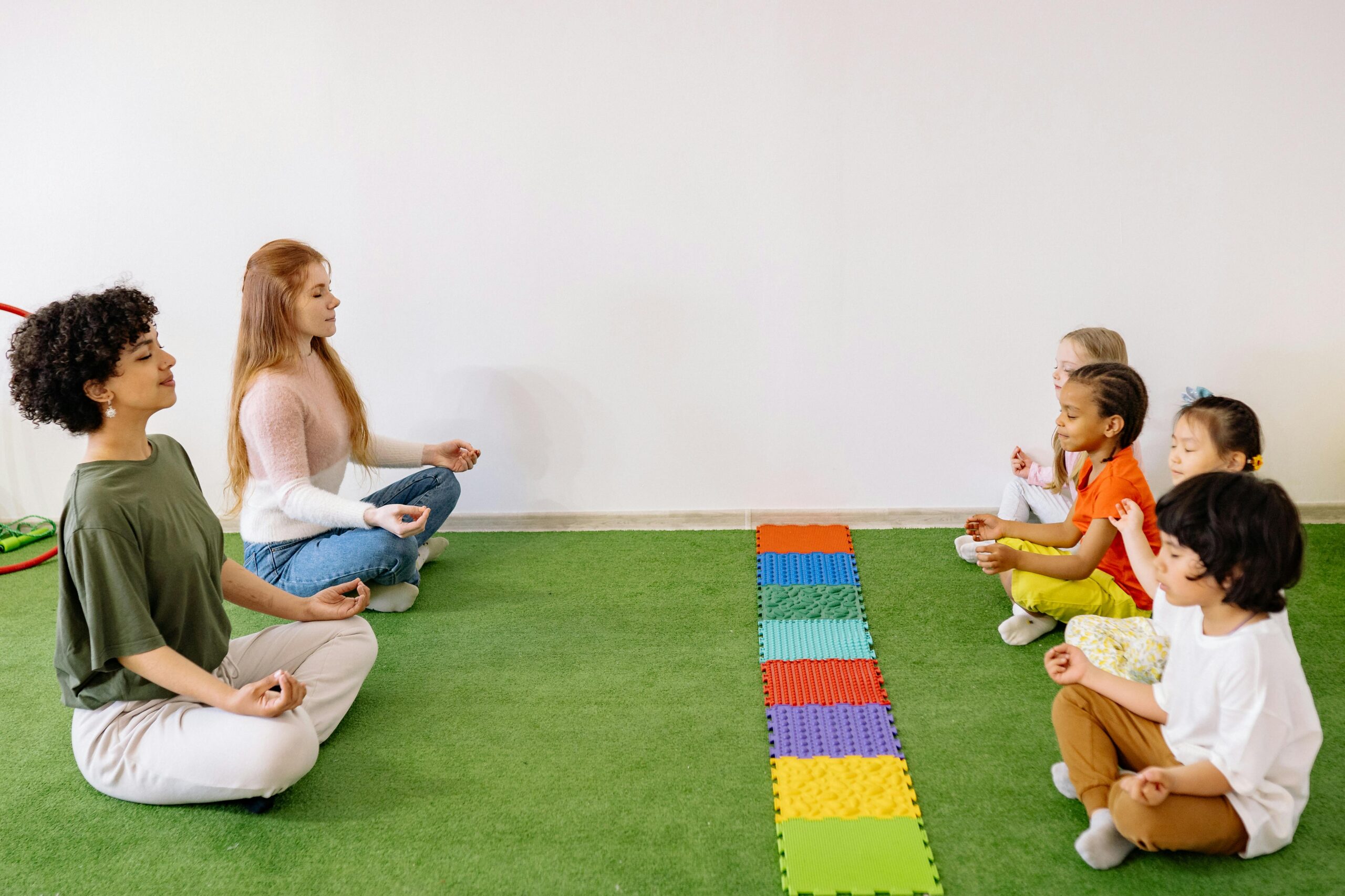Every night, your brain embarks on an invisible journey—one that transforms fleeting experiences into lasting memories and sharpens your cognitive abilities while you rest.
Sleep isn’t merely a passive state where your body shuts down for the night. Rather, it represents one of the most active and crucial periods for brain function, particularly when it comes to memory consolidation. During those precious hours of slumber, your brain systematically processes, organizes, and stores information gathered throughout the day, creating neural pathways that enhance learning, problem-solving, and overall cognitive performance.
Understanding the intricate relationship between sleep and memory consolidation reveals why quality rest is non-negotiable for peak brain performance. From students preparing for exams to professionals tackling complex projects, the science behind sleep-dependent memory processing offers valuable insights into optimizing mental capabilities.
🧠 The Science Behind Memory Consolidation During Sleep
Memory consolidation refers to the process by which short-term memories become stabilized into long-term storage. This remarkable transformation doesn’t happen instantly—it requires time and specific brain states that occur predominantly during sleep.
Research has identified distinct sleep stages that contribute uniquely to memory processing. Non-REM (Rapid Eye Movement) sleep, particularly slow-wave sleep, plays a critical role in consolidating declarative memories—facts, events, and knowledge we can consciously recall. Meanwhile, REM sleep appears essential for procedural memory consolidation, including motor skills and emotional memory processing.
During slow-wave sleep, the brain replays experiences from the day in a compressed, accelerated format. These neural replays occur in the hippocampus, the brain’s memory center, which communicates with the neocortex to transfer information for long-term storage. This process strengthens synaptic connections associated with important memories while pruning away unnecessary information.
The Hippocampal-Neocortical Dialogue
The conversation between the hippocampus and neocortex during sleep represents one of neuroscience’s most fascinating discoveries. This dialogue occurs through synchronized neural oscillations—brain waves that coordinate activity across different regions. Sharp-wave ripples in the hippocampus coincide with sleep spindles in the neocortex, facilitating information transfer that cements memories into permanent storage.
Studies using brain imaging technology have demonstrated that brain regions activated during learning become reactivated during subsequent sleep. This spontaneous reactivation strengthens the neural representations of learned material, making recall easier and more accurate when you’re awake.
💤 How Different Sleep Stages Optimize Brain Performance
Sleep isn’t a uniform state but rather cycles through distinct stages approximately every 90 minutes. Each stage contributes uniquely to memory consolidation and cognitive enhancement.
Slow-Wave Sleep: The Foundation Builder
Slow-wave sleep, also called deep sleep, dominates the first half of the night. This stage is characterized by high-amplitude, low-frequency brain waves that sweep across the cortex in synchronized patterns. During this phase, declarative memory consolidation reaches its peak efficiency.
The brain also engages in metabolic cleanup during slow-wave sleep. The glymphatic system—the brain’s waste removal mechanism—operates most efficiently during this stage, clearing toxic proteins that accumulate during waking hours. This cleansing process not only supports memory consolidation but also protects against neurodegenerative conditions.
REM Sleep: The Creative Connector
REM sleep becomes more prominent in the later sleep cycles, particularly during the early morning hours. This stage features rapid eye movements, vivid dreaming, and brain activity patterns resembling wakefulness. REM sleep excels at integrating new information with existing knowledge networks, facilitating creative problem-solving and emotional memory processing.
Research indicates that REM sleep helps extract abstract rules and patterns from complex information, enabling insight and innovative thinking. Many breakthrough moments and creative solutions emerge after a good night’s sleep precisely because REM sleep allows the brain to make novel connections between seemingly unrelated concepts.
📊 The Performance Cost of Sleep Deprivation
When sleep suffers, so does memory consolidation—with measurable consequences for brain performance. Even modest sleep restriction can significantly impair cognitive abilities across multiple domains.
Studies consistently show that sleep-deprived individuals demonstrate reduced attention span, slower reaction times, impaired decision-making, and compromised memory formation. The hippocampus becomes less effective at encoding new memories, while the prefrontal cortex—responsible for executive functions—shows decreased activity.
Chronic sleep deprivation compounds these effects, leading to accumulated cognitive deficits that don’t immediately resolve with a single night of recovery sleep. The brain requires consistent, adequate sleep to maintain optimal performance levels.
Memory Types Affected by Poor Sleep
- Working Memory: The ability to hold and manipulate information temporarily becomes impaired, affecting problem-solving and comprehension.
- Episodic Memory: Recalling specific events and experiences suffers when sleep-dependent consolidation is disrupted.
- Procedural Memory: Learning new motor skills and habits becomes less efficient without adequate REM sleep.
- Emotional Memory: Processing and regulating emotional experiences requires sufficient sleep, particularly REM stages.
🌟 Optimizing Sleep for Maximum Memory Benefits
Understanding sleep’s role in memory consolidation empowers you to leverage this knowledge for enhanced cognitive performance. Strategic sleep optimization involves multiple factors that work synergistically to improve memory outcomes.
Timing Matters: Sleep Scheduling Strategies
Consistency in sleep-wake schedules strengthens circadian rhythms, which regulate sleep quality and memory consolidation efficiency. Going to bed and waking at similar times daily—even on weekends—helps synchronize biological processes that support optimal brain function.
Research suggests that sleeping soon after learning enhances memory consolidation compared to staying awake for extended periods. This finding has practical implications for students and professionals: reviewing important material before bedtime may facilitate better retention than last-minute cramming.
Duration and Quality: Finding Your Sweet Spot
While individual sleep needs vary, most adults require between seven to nine hours nightly for optimal cognitive function. However, sleep quality matters as much as quantity. Fragmented sleep with frequent awakenings disrupts the natural progression through sleep stages, compromising memory consolidation processes.
Creating an environment conducive to uninterrupted sleep includes controlling temperature (slightly cool rooms promote better sleep), minimizing light exposure, reducing noise disturbances, and ensuring comfortable bedding. These environmental factors significantly impact sleep architecture and, consequently, memory processing.
🔬 Cutting-Edge Research and Future Directions
Neuroscience continues unveiling exciting discoveries about sleep-dependent memory consolidation, with implications for education, healthcare, and cognitive enhancement.
Recent research explores targeted memory reactivation—techniques that strengthen specific memories during sleep by presenting associated cues. Studies have demonstrated that subtle auditory or olfactory cues presented during slow-wave sleep can enhance consolidation of associated memories without waking the sleeper.
Another promising area involves transcranial stimulation methods that amplify natural brain oscillations during sleep. Preliminary findings suggest that enhancing slow-wave activity could boost memory consolidation, though more research is needed to establish safety and efficacy.
Sleep and Learning Technologies
The intersection of sleep science and technology has produced innovative tools for optimizing rest and memory consolidation. Sleep tracking devices and applications now provide insights into sleep patterns, helping individuals identify factors that impact their sleep quality.
Smart alarm systems that wake users during lighter sleep stages can reduce grogginess and improve morning cognitive performance. Some applications also offer guided meditation, sleep stories, and soundscapes designed to facilitate faster sleep onset and deeper rest.
💡 Practical Applications for Everyday Life
Translating sleep science into actionable strategies can dramatically improve your cognitive performance and memory capabilities.
For Students and Learners
Strategic study schedules that prioritize sleep over all-night cramming sessions yield superior academic outcomes. Distributing learning sessions across multiple days with sleep between sessions enhances long-term retention compared to massed practice.
Pre-sleep review sessions can be particularly effective. Spending 10-15 minutes reviewing key concepts before bed primes the brain for consolidation during subsequent sleep, strengthening memory traces more effectively than additional waking study time.
For Professionals and Decision-Makers
Quality sleep represents a competitive advantage in professional settings. Complex problem-solving, strategic thinking, and creative innovation all benefit from well-rested brains that have adequately consolidated information and experiences.
Recognizing that important decisions benefit from “sleeping on it” isn’t folk wisdom—it’s neuroscience. Allowing overnight consolidation before making significant choices enables better integration of relevant information and more balanced decision-making.
For Athletes and Performers
Motor skill learning and refinement depend heavily on sleep-dependent consolidation. Athletes who prioritize sleep demonstrate improved performance, faster skill acquisition, and better recovery compared to sleep-deprived counterparts.
Mental rehearsal before sleep may enhance consolidation of complex movement patterns. Visualizing performance while falling asleep could potentially strengthen the neural representations that support skilled execution.
🛡️ Protecting Your Sleep-Memory Connection
Modern lifestyle factors frequently interfere with natural sleep patterns, undermining memory consolidation processes. Identifying and mitigating these disruptions protects cognitive performance.
Technology and Blue Light Management
Electronic devices emit blue light that suppresses melatonin production, delaying sleep onset and reducing sleep quality. Implementing a digital curfew—avoiding screens for 1-2 hours before bedtime—helps maintain natural circadian rhythms conducive to restorative sleep.
When evening technology use is necessary, blue light filtering applications or glasses can minimize circadian disruption. Many devices now include night mode features that reduce blue light emission during evening hours.
Stress and Anxiety Management
Psychological stress significantly impairs both sleep quality and memory consolidation. Elevated cortisol levels interfere with hippocampal function and disrupt normal sleep architecture, creating a vicious cycle where poor sleep increases stress, which further degrades sleep.
Implementing stress-reduction practices such as mindfulness meditation, progressive muscle relaxation, or journaling before bed can calm the nervous system and facilitate transition into restorative sleep. These practices not only improve sleep quality but may also enhance the emotional processing that occurs during REM sleep.
🎯 Measuring and Monitoring Your Progress
Tracking sleep patterns and cognitive performance helps identify what works best for your individual biology and lifestyle. While sophisticated sleep laboratories provide the most detailed data, accessible consumer technologies offer valuable insights.
Wearable fitness trackers and smartphone applications can monitor sleep duration, estimated sleep stages, and consistency. Pairing this data with subjective assessments of daytime alertness, mood, and cognitive performance reveals personalized patterns that inform sleep optimization strategies.
Simple cognitive tests—memory games, reaction time assessments, or problem-solving tasks—can help you gauge how sleep quality impacts your mental performance. Noting correlations between sleep metrics and cognitive outcomes empowers data-driven adjustments to your sleep habits.
🌙 The Long-Term Benefits of Prioritizing Sleep
Consistently adequate sleep doesn’t just enhance immediate cognitive performance—it provides profound long-term benefits for brain health and function.
Longitudinal studies link regular, quality sleep with reduced risk of cognitive decline and neurodegenerative diseases. The nightly cleanup processes that occur during slow-wave sleep appear protective against accumulation of proteins associated with Alzheimer’s disease and other dementias.
Furthermore, the cumulative effects of good sleep habits on learning and memory create compound advantages over time. Enhanced consolidation means more efficient learning, which frees cognitive resources for acquiring new skills and knowledge, creating an upward spiral of cognitive development.
Sleep also supports neuroplasticity—the brain’s ability to reorganize and form new neural connections throughout life. This adaptability underpins lifelong learning capacity and resilience against age-related cognitive changes.

✨ Your Brain’s Nightly Transformation
The evidence is overwhelming: sleep represents far more than downtime for a tired brain. It’s an active, essential process that transforms experiences into wisdom, consolidates learning into expertise, and prepares your mind for tomorrow’s challenges.
Every night offers an opportunity to harness the power of sleep for cognitive enhancement. By understanding the mechanisms of memory consolidation and implementing strategies that support quality sleep, you unlock your brain’s full potential. The hours you spend sleeping aren’t lost time—they’re an investment in sharper thinking, better memory, enhanced creativity, and optimal mental performance.
Prioritizing sleep isn’t indulgent or lazy; it’s a fundamental requirement for peak brain function. As research continues revealing the intricate processes that unfold during slumber, one conclusion becomes increasingly clear: the path to better cognitive performance runs directly through your bedroom. Sweet dreams aren’t just pleasant—they’re powerful tools for building a better brain, one night at a time.
Toni Santos is an education futurist and learning design researcher dedicated to reimagining how people build skills in a fast-changing world. With a focus on cognitive tools, EdTech innovation, and equitable access, Toni explores systems that help learners think deeper, adapt faster, and learn for life. Fascinated by the science of learning and the power of technology to personalize growth, Toni’s journey bridges classrooms, startups, and global initiatives. Each project he shares is an invitation to transform education into a continuous, human-centered experience—where curiosity, practice, and purpose align. Blending learning science, product design, and policy insight, Toni studies models that turn knowledge into capability at scale. His work highlights how thoughtful design and inclusive technology can unlock talent everywhere—across ages, cultures, and contexts. His work is a tribute to: Cognitive learning tools that make thinking visible and transferable EdTech innovation that expands access and personalizes pathways Lifelong learning systems that support relevance, resilience, and purpose Whether you’re building a learning product, shaping policy, or growing your own skills, Toni Santos invites you to design learning for tomorrow—one insight, one practice, one empowering pathway at a time.




